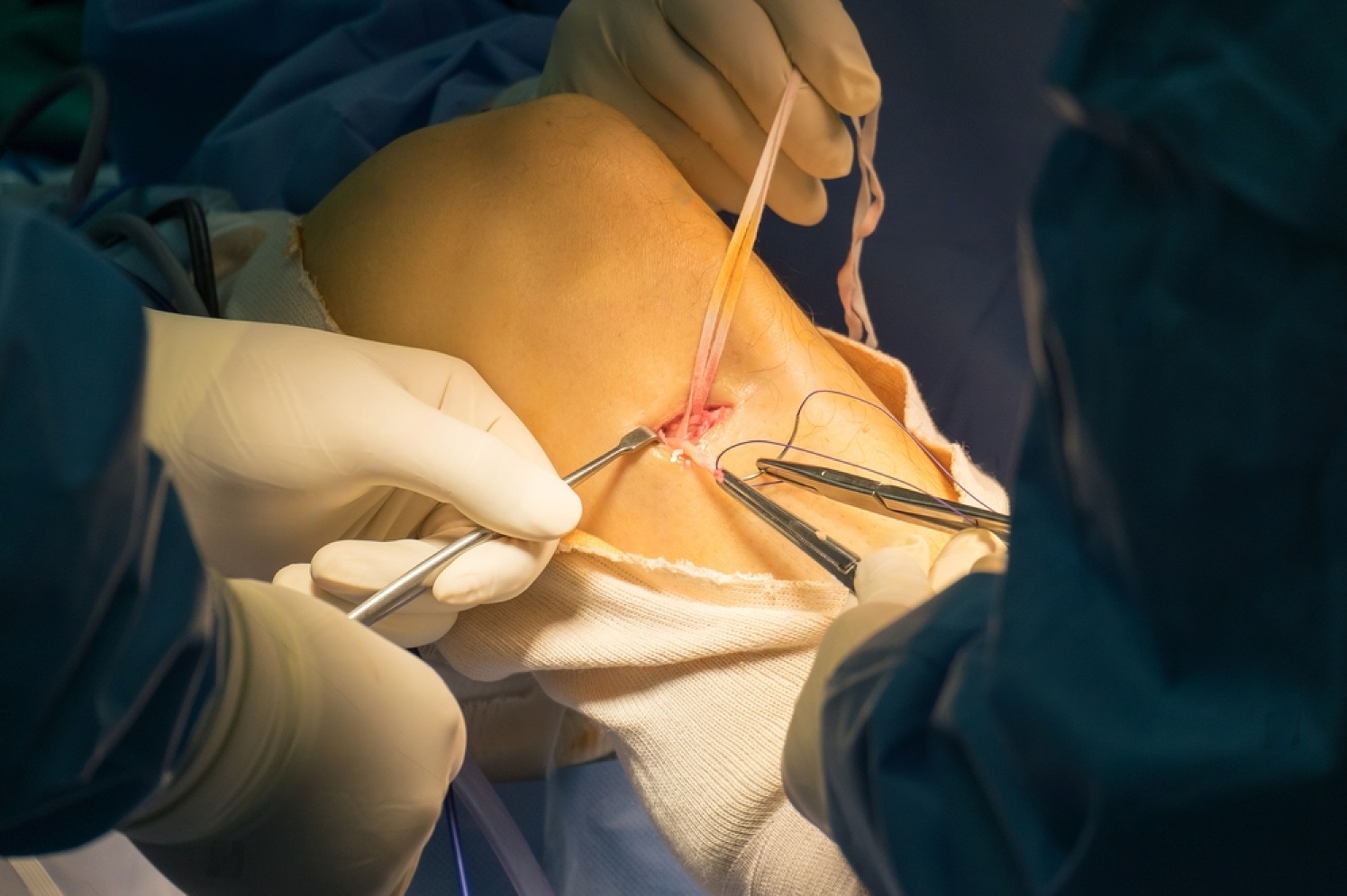Dealing with knee problems can significantly impact one’s quality of life, often requiring medical intervention such as knee surgery. When it comes to more serious cases, understanding the options available, such as knee replacement and arthroscopic surgery, becomes crucial for comprehensive care.
Understanding Knee Replacement Surgery
Knee Replacement Surgery is a procedure designed to alleviate chronic knee pain and restore mobility. It involves replacing damaged knee joints with artificial implants. There are two main types: partial knee replacement, which replaces only the damaged part, and total knee replacement, which replaces the entire knee joint. Candidates for knee replacement surgery typically suffer from conditions like severe arthritis or significant joint damage that hasn’t responded to conservative treatments.
The Role of Arthroscopic Surgery in Knee Treatment
Arthroscopic Surgery is a minimally invasive technique used to diagnose and treat a variety of knee problems. During this procedure, a small camera (arthroscope) is inserted into the knee joint through small incisions, allowing surgeons to visualize and repair damaged tissues such as torn cartilage or ligaments. Compared to traditional open surgery, arthroscopic surgery offers faster recovery times, less post-operative pain, and reduced risk of complications.
Preparation for Knee Surgery
Preparation for knee surgery involves several important steps to ensure the best possible outcomes. Patients may undergo physical therapy to strengthen the knee and improve range of motion before surgery. It’s crucial to communicate openly with your healthcare team to understand pre-operative instructions, such as fasting requirements and medication adjustments, which can vary depending on the type of knee surgery planned.
Post-Surgery Recovery and Rehabilitation
Knee surgery recovery involves immediate post-operative care to manage pain and reduce swelling. Physical therapy plays a crucial role in restoring knee function and strength. Patients can expect a gradual recovery process, typically starting with assisted walking and progressing to more rigorous exercises over time. Understanding the timeline for recovery is essential, as it helps manage expectations and encourages adherence to rehabilitation plans.
Comprehensive Care Approach
A comprehensive approach to knee surgery involves collaboration among various healthcare professionals, including orthopedic surgeons, physical therapists, and nutritionists. Choosing a specialized healthcare team and facility experienced in knee surgery can significantly impact outcomes. Factors such as nutrition, lifestyle modifications, and mental health support also play critical roles in enhancing recovery and overall well-being.
Takeaway
Knee surgery is a transformative treatment option for those suffering from chronic knee conditions. Understanding the differences between knee replacement and arthroscopic surgery, along with preparing adequately and embracing a comprehensive care approach, can lead to successful outcomes. If you’re considering knee surgery, consulting with a qualified healthcare provider is the first step towards reclaiming mobility and improving your quality of life.












